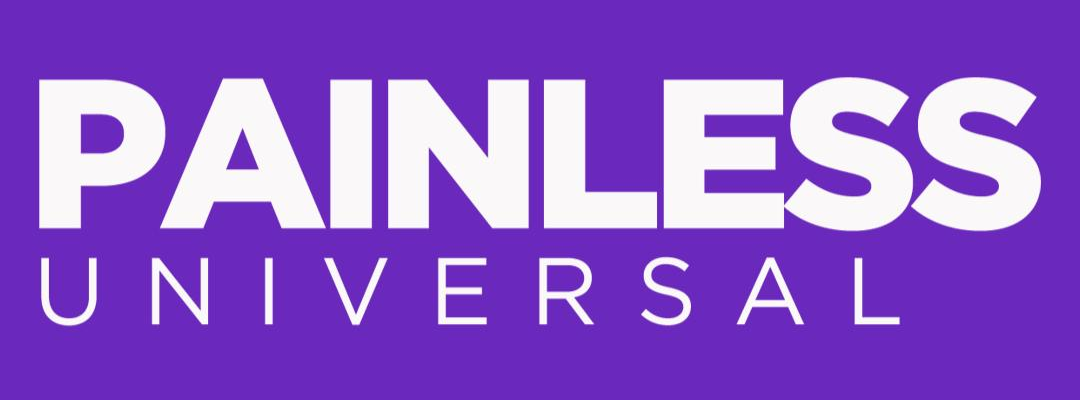By Anne Welsh – Founder and CEO Painless Universal
May 22nd, 2020
Being in lockdown means ever more reliance on the internet to transact banking, ordering food, games, entertainment and goods and services delivery. This heavy online usage also means the threat from sophisticated cyber-attackers and phone scammers is now far greater; especially when these criminals now have even more time on their hands during Covid19.
It is becoming clear that owing to Covid-19 there is heightened concern about personal data being used for online scams. People are already in a lot of pain and suffering from all kinds of problems ranging from fear of catching the virus, losing their jobs, not seeing loved ones, losing a loved one from the virus and many more mentally taxing events. A very real outcome of this huge amount of additional stress and emotional pressure that is put upon us, is that people are often forgetting about protecting themselves from the cyber-attacks.
It is not unusual for a person to be bombarded with sophisticated scams asking for travel details, sharing of bank card data, etc. The last thing on most costumer’s minds is to be extra vigilant, particularly if they receive unsolicited communications from a seemingly known source.
Below are a few tips to avoid being scammed:
- Check your bank or credit card transactions regularly.If you spot any unfamiliar or unusual activity, inform your bank or lender immediately.
- See if your card provider lets you get payment notifications.Some card providers, allow you to get notifications on your phone or tablet every time a payment is made on your card. This way you can instantly see when a payment goes out, and if it’s one you aren’t expecting.
- If worried, ask for a new card.Check whether your bank or credit card firm will be routinely replacing cards affected by this breach – but if not, you can ask for a replacement card anyway.
- Beware of ‘phishing scams’.Criminals may attempt to use the news of the cyber-attack as an opportunity to trick people affected into revealing information. Remember that no bank or any other genuine organisation will contact you out of the blue to ask for details such as your PIN or banking password and beware of clicking on any links in text messages or emails.
- Change your passwords. When companies get hacked and you find out about it change your password immediately. It also makes sense to change your passwords routinely.
- Be careful when answering phone calls and be prepared to hang up immediately if someone asks personal details. Phone your bank directly.



